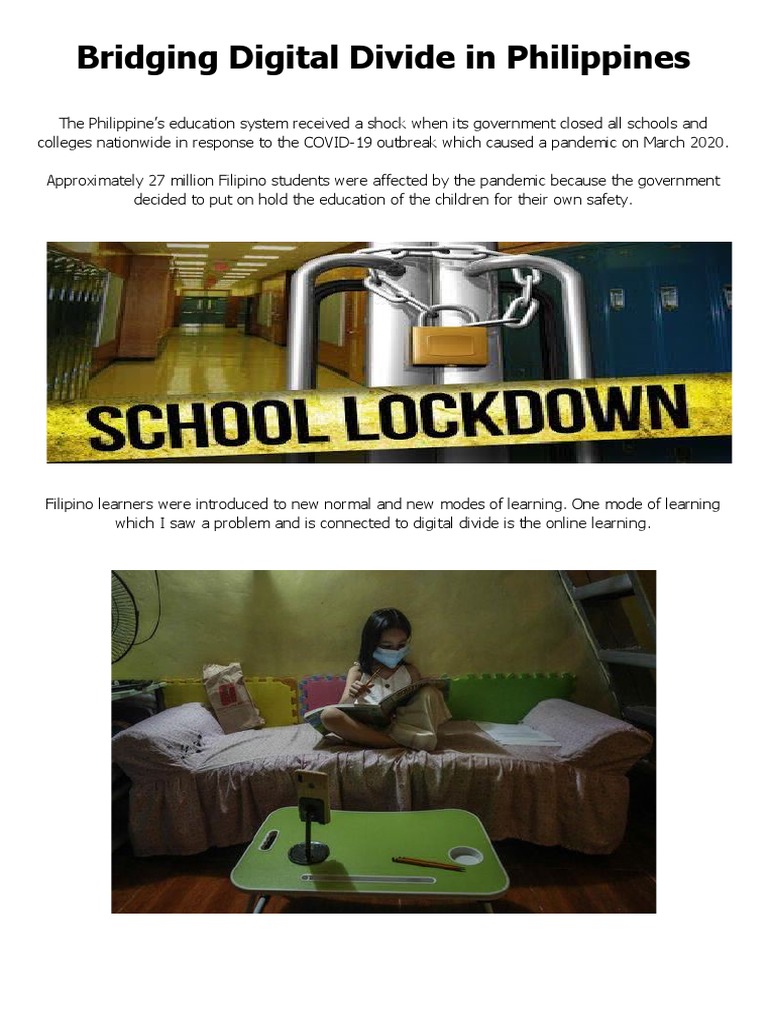The World Summit on the Information Society (WSIS) represents a pivotal convergence point at which technology, society, and spiritual values intersect. In a world increasingly characterized by reliance on electronic communication, the digital divide emerges as a potent metaphor for broader societal inequities. Within a Christian framework, the aspiration to bridge this divide is not only a technological endeavor but a moral imperative. How we address this gap reveals much about our commitment to the Gospel’s call for justice, inclusivity, and compassion.
The digital realm, akin to the biblical metaphor of the vine and branches, has the potential to enhance the connectivity of communities and extend the reach of knowledge. However, just as branches that are unconnected with the vine fade away, so too do individuals and communities without access to technology risk being left in obscurity. The summit serves as a reminder that the digital landscape remains a double-edged sword, offering the potential for enlightenment on one edge while wielding the risk of entrenching existing disparities on the other.
In the Christian tradition, the notion of stewardship provides a vital lens through which to understand our responsibilities regarding technology and information. Just as we are called to be stewards of creation, so too are we called to steward the information and technology that pervade modern life. This stewardship compels believers to not only embrace technological advancements but also to ensure equitable access for the marginalized and disenfranchised. The parable of the Good Samaritan speaks powerfully here, urging us to extend our compassion beyond those who resemble us, reaching out to those whose needs might otherwise go unnoticed.
The WSIS has brought together an eclectic gathering of stakeholders: governments, civil society, private sectors, and academia. Their dialogues and commitments encapsulate a vision to overcome the barriers hindering equitable access to digital resources. As Christians, there lies an opportunity to transform these dialogues into action. The ethos of community, embodied in Christ’s teachings, invites us to collaborate across denominational lines, united in the pursuit of eliminating the digital divide. The importance of partnerships cannot be understated; akin to the body of Christ where diverse members come together to create a whole, so must we unite our diverse talents and resources to construct a more equitable digital landscape.
Challenges remain formidable. Access to technology is often mediated by socioeconomic status, education levels, and geographical location. In many regions, the lack of infrastructure amounts to a potent barrier, stranding individuals in a liminal space devoid of opportunity. Within this framework, Christians are called to advocate for policies that not only invest in infrastructure but also in education that empowers individuals to harness technology’s potential. Initiatives that seek to educate the underprivileged about digital literacy echo the Good News of Christ, fostering empowerment rather than dependency.
Furthermore, ethical considerations are paramount. The rapid pace of technological advancement carries with it ethical implications that must be navigated thoughtfully. The Christian imperative to love one’s neighbor becomes especially pertinent in debates surrounding data privacy, cybersecurity, and the responsible use of artificial intelligence. It is essential to confront the reality that technology, if left unchecked, can become a tool for exploitation rather than a bridge to greater understanding and equity. The church can serve as a moral compass, guiding the development and implementation of technology in ways that prioritize human dignity and foster communal well-being.
Integrating faith with technology also extends to embracing the potential for innovation that aligns with Christian values. Alternative digital platforms that encourage ethical content sharing and foster community can be essential in reimagining the information landscape. Social media, for instance, can serve not only as a conduit for personal expression but as a marketplace of ideas where faith-based perspectives can thrive, intersect, and flourish beyond physical borders. This approach invites believers to become digital missionaries, sharing the light of Christ in spaces that might preemptively feel unwelcoming.
Moreover, the concept of universal design is increasingly becoming pivotal in bridging the digital divide. Just as Christ embraced individuals regardless of their impairments or societal status, the digital world must also adopt an inclusive ethos that caters to all. Accessibility to technology should be non-negotiable; innovations should include those with disabilities, the elderly, and other marginalized groups. The call for inclusivity resonates deeply within Christian doctrine, reminding us that the Kingdom of God encompasses all of humanity. Technology has the capacity to reach, educate, and uplift; acknowledging this, Christians need to champion designs that follow the principle of accessibility for all.
Ultimately, the endeavor to bridge the digital divide is imbued with a theological significance that compels action. As communities of faith, the implications of the WSIS extend beyond the summit’s immediate goals; they challenge us to not only envision a connected world but actively participate in shaping it. Through compassion-driven initiatives, enhanced ethical discourse, and commitment to inclusivity, Christians can lead the charge in ensuring that technology is a beacon of hope rather than a source of division. Just as the faithful are called to be the light of the world, so too must they illuminate the path towards a just and equitable digital future for all.



